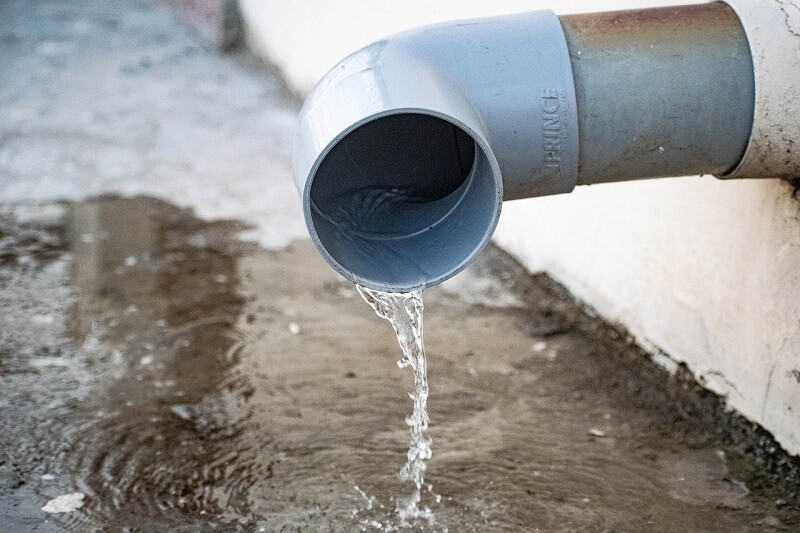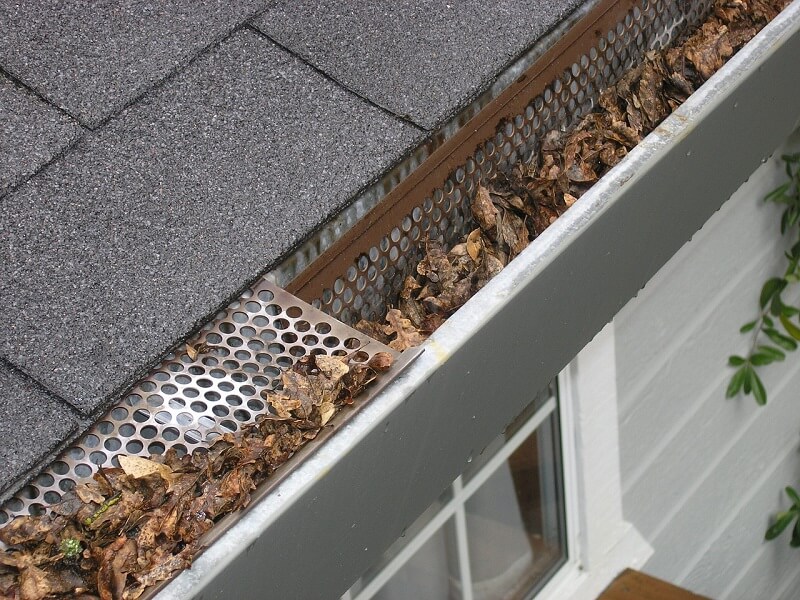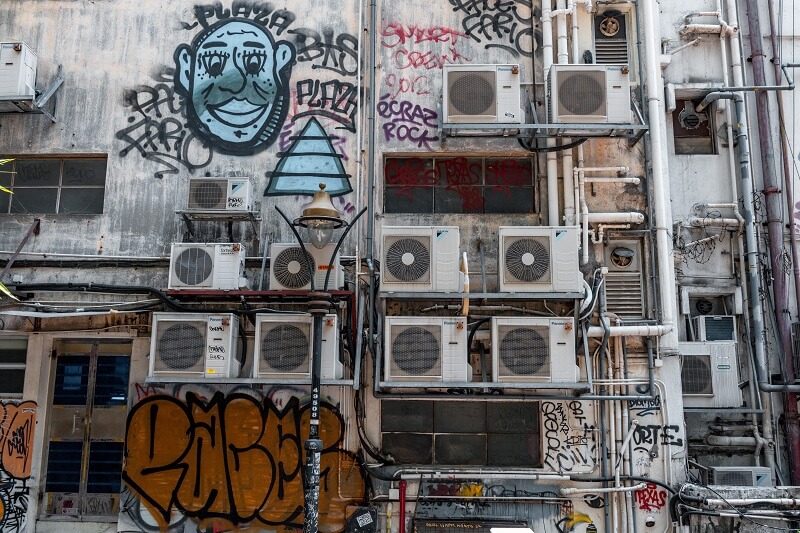Water damage is more likely to affect your property than fire damage. A burst pipe or a flash flood are two frequent and unpredictable causes of water damage. It could negatively affect your daily operations as a business owner as well as your bottom line.
These are the tips to protect business from water damage; it is essential to have an action plan and be ready.
Tips to Protect Business from Water Damage
For unforeseen water damage, preparation is important. Here are some Tips to Protect Business from Water Damage:
Purchase The Appropriate Type of Business Insurance

You should pay attention to the specifics of your property coverage when purchasing business insurance. Some claims for water damage, including the price of pipe breaking, may be covered by commercial property insurance coverage, sometimes known as business hazard insurance. Make sure to be wise and select the best business insurance for your property out of the many different types of company insurance that cover water damage.
Assess The Risk of Water Damage
Prepare for the worst and make sure you have enough insurance for your company to recover if flooding occurs. Think about the equipment and supplies in your company that could be damaged. Consider the effects of employees being unable to get into the office and water damage to important machinery, warehouses, or merchandise.
Check for high levels of humidity, damaged pipes and hoses, and other plumbing leaks on all water-using appliances, including those in bathrooms, kitchens, and other water supply lines.
Insulate Exposed Pipes

The pressure created by frozen water in a pipe with inadequate insulation might lead to the pipe bursting. This can result in flooding or perhaps structural damage. Look for any wet places in the walls, floors, or ceilings of your building. The development of mold or mildew is another reliable indicator that a pipe is damaged or leaky. Whatever you discover, make sure to have it fixed as quickly as you can. The possibility of this happening can be decreased by wrapping the pipes in insulation, which is readily available at most hardware stores.
Check the Basements
Look for mold, water damage, and wall cracks in the basement. Ensure that drainage systems are functioning properly and are free from leaks.
Seal The Cracks, Holes, Or Gaps

To prevent cold air from entering your building, repair any external or foundational cracks, holes, or gaps. You can use caulk, weather stripping, spray foam insulation, and other sealants to make your building more energy-efficient and less likely to experience wintertime pipe bursts.
Check The Gutters and The Drainage
Water damage to a building’s exterior and interior walls can result from fallen leaves and other debris getting into gutters and downspouts. Check the gutters, downspouts, and drainage system of your business’s property frequently, and clean off any buildup or debris. To keep water correctly flowing and away from the building, get your gutters cleaned by a professional regularly.
Clean Up Your Roof

Prevent structural damage to your business’s roof by regularly cleaning up any snow, ice, or falling leaves. Know how much weight your roof can support, and check it frequently to make sure that snow and ice aren’t piling up past those limitations.
Have a professional inspect your roof to find any potential leak-prone spots. Consider getting your flat roof sealed regularly as an additional layer of protection. Additionally, remember to clean your gutters to ensure the free flow of rainfall.
Maintain And Test Your Sprinkler and HVAC Systems

The main sources of loss in commercial buildings are HVAC, plumbing, and sprinkler systems, and even a tiny water leak can have serious consequences. Property damage and costly cleanup can be avoided with regular inspections.
Find Your Shut-Off Valve
Find the main water supply shut-off valve for your building and be familiar with its location. To prevent flooding until you can solve the issue, you can temporarily stop the water flow to the building by closing the main valve.
Set Up Check Valves for Backflow Prevention
Setting up check valves for backflow prevention may help stop water from flowing back in the intended direction, ensuring that contaminants, poisons, and debris won’t enter a clean water supply again or rise through drains and appliances.
Install A Water Sensor
The levels of moisture around your building can be tracked by water-detecting systems. Additionally, you’ll be notified right away if there is a water leak so you can stop it before too much damage is done. The majority of sensors can link to your smartphone or connect with your company’s security system, allowing you to get an alert even when you’re not on-site.
Purchase a water sensor device, ideally one with an alert. The main water valve will be turned off if the water flow changes in any way. Water damage will be avoided by alerting you to investigate the problem.
Maintain Adequate Heat Levels
You should monitor the temperature in your place of business to avoid pipes from freezing. Even on the weekends or when the building is empty, make sure the temperature is never lower than 50 degrees. Keep in mind that your pipes are more prone to freezing during major temperature swings between the night and day. To keep thermostats functioning properly, make sure to frequently change the batteries.
Keep Track of Valuable Items

If something in your building gets damaged by water, knowing its value will make it easier for you to replace it. If there’s flooding, remove priceless goods from the floor of the business, but only if you don’t put yourself in danger. In the event of floods, you must make sure that everyone in the building has been securely evacuated and can reach higher ground as soon as possible.
Prepare Yourself and Your Staff
Although spring is a time of fresh beginnings, it is also a period of risk because heavy seasonal rains, melting snow that can’t be absorbed by the still-frozen ground, and other environmental conditions can cause Spring floods. Being ready for such dangers will help you and your staff to be safe from danger.
Summary
Water damage can be avoided with proper precautions. The discussion above has provided tips to protect business from water damage. You should incorporate them into your operations since doing so is to your best advantage.
Spending thousands of dollars to replace and fix damaged assets is not something you want to do. Consider getting business insurance, ideally one that covers water damage, as a takeaway. If you have water damage, the policy will put you in a better financial position.


